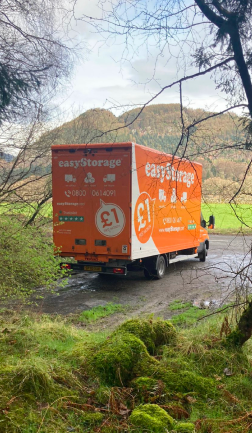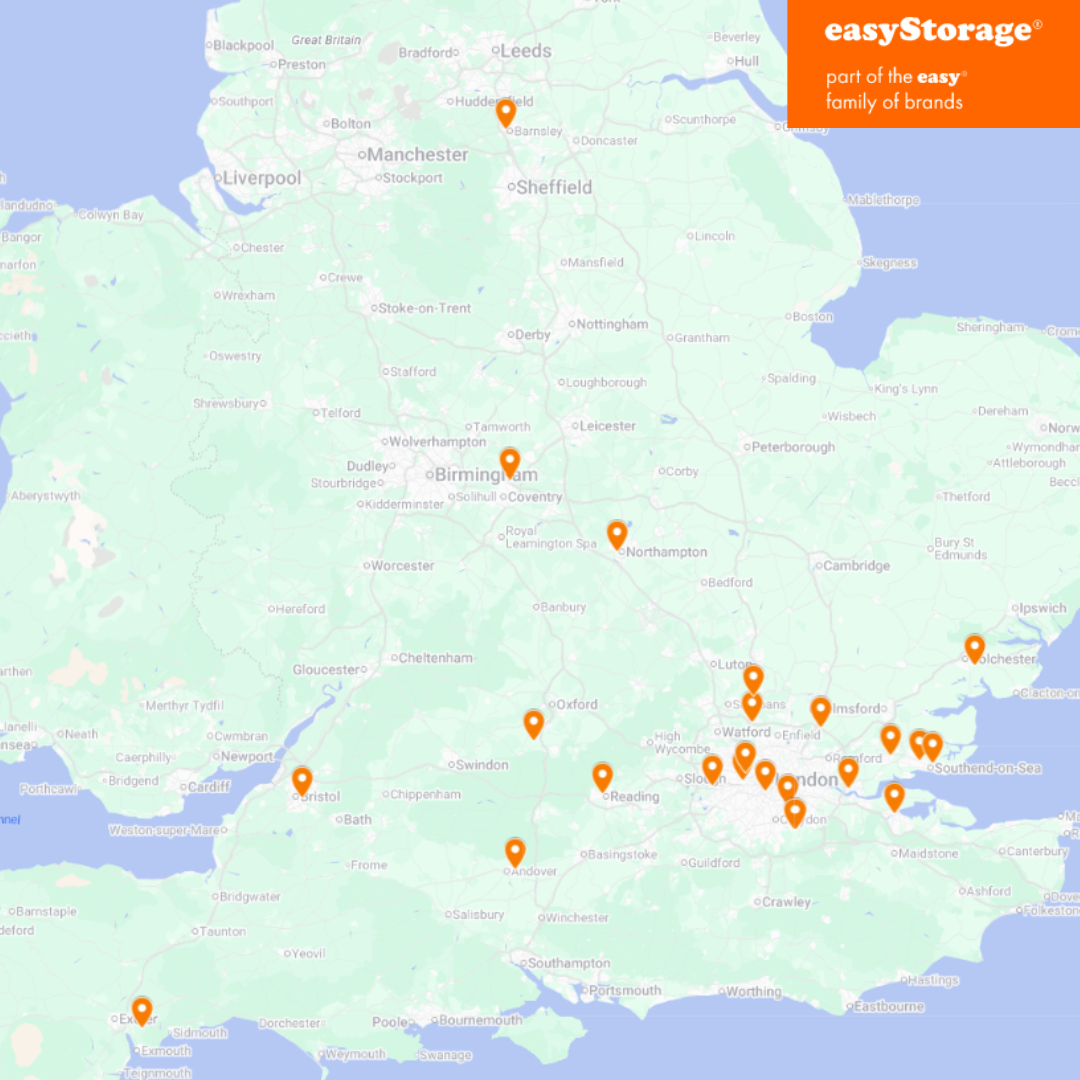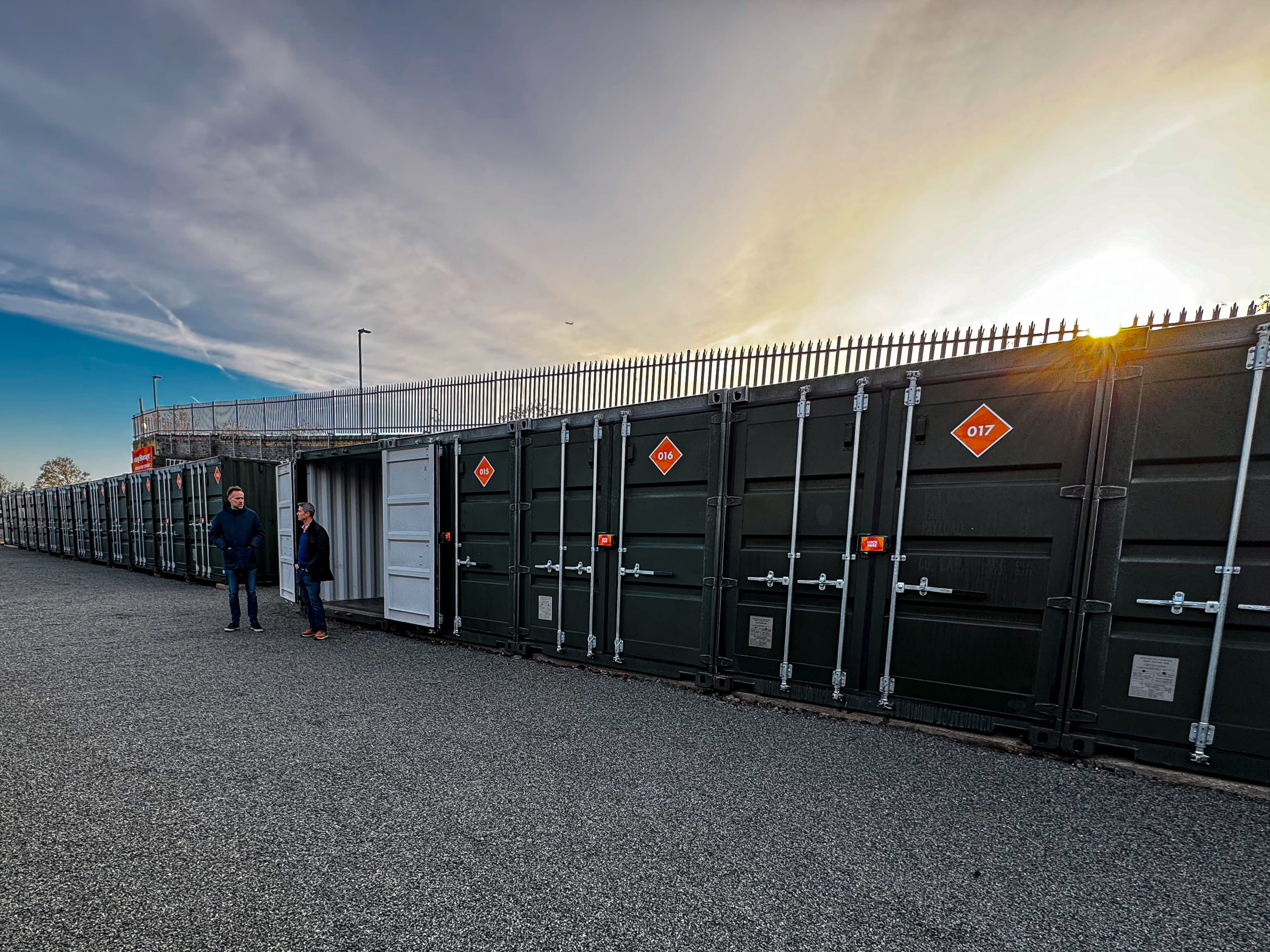Simplify Your Year-End Accounting with easyStorage's Guide to Essential Document Storage
April, the end of the tax year. As we scurry to get things straight, it’s worth thinking about records. For a business that runs from home, seven years’ worth of records is enough to bring down the floor of the loft. Office space, by contrast, costs from just under £60 square foot in Sheffield to double that in London, with huge variations according to location.
Yet it’s incumbent on business to keep a mass of records – if you keep them on paper, it takes space. Digitising the records costs time and money – one way or another it’s a business cost.
What records need to be kept will depend on the business – clinical and medical notes, for example, have a very different ‘shelf life’ to a gardening firm. Public sector operations have specific policies.
Records must be kept for six years from the end of the last company financial year, longer if a transaction covers more than one accounting period. Anything that is information about individuals will be subject to current DPA and GDPR rules.
Failure to keep proper records can result in a £3 thousand fine from HMRC, and mistreating someone’s personal details can land a company in hot water.
As a baseline, limited companies of every size will need to keep:
1. Company Records
· Details of directors and company secretaries;
· Paperwork for loan agreements and mortgages secured against the company;
2. Shareholder paperwork
· Transaction records when someone buys shares in the company;
· Shareholder’s details;
· Results of shareholder votes and resolutions;
· A register of ‘people with significant control’ (Otherwise known as PSCs, these are people with more than 25% shares/voting rights in your company; people who can appoint or remove a majority of directors or who can ‘influence or control your company or trust’.) If there are none, this also needs recording and keeping.
3. Accounting records
· All financial income and expenditure, sales and purchases;
· Details of any grants;
· Payments from coronavirus (COVID-19) support schemes;
· Details of assets and debts, including anything owed to the company – they will need to be kept longer if expected to last longer than six years;
· Stock (and how its value has been calculated);
· Annual accounts and tax returns, including all financial records, information and calculations used to prepare them (including receipts, expenses forms, invoices etc);
· Pay as You Earn records (all payments made to employees, income tax and national insurance deducted plus student loan payments, and any other statutory payments);
· Benefits records including any paperwork relating to statutory sick pay, statutory maternity, paternity or adoption pay and any employee benefits.
4. Employee records
There is no specific minimum or maximum retention period for employee records. There are many official guidelines, and different companies and professions have different rules. Anything financial (PAYE/benefits etc) needs keeping for six years after the year end in which the employee leaves.
To keep:
· Employment contracts;
· Personnel records;
· Accident record books;
· Pension arrangements.
Storing this information.
Companies have to manage important documents throughout their lifecycle from creation to destruction, from paper copies to digital archives.
But a certain amount of paperwork is almost impossible to avoid. You’ll need to have a system for archiving, accessing and destroying information.
Importantly, you’ll need to keep records safe and dry. Reputable storage facilities can help with this.
easyStorage is here to help. Some of our locations offer specific document archiving, others make other provisions for keeping your documents safe.
For a no obligation, low-cost quote for storing records across the UK, call 0800 961 4091, where one of the easyStorage storage professionals can talk you through the best options for you.
Please note that this blog, although thoroughly researched from reliable sources, was created as a helpful guide to highlight considerations and should not replace proper legal advice.
.png)




.png)

.png)








